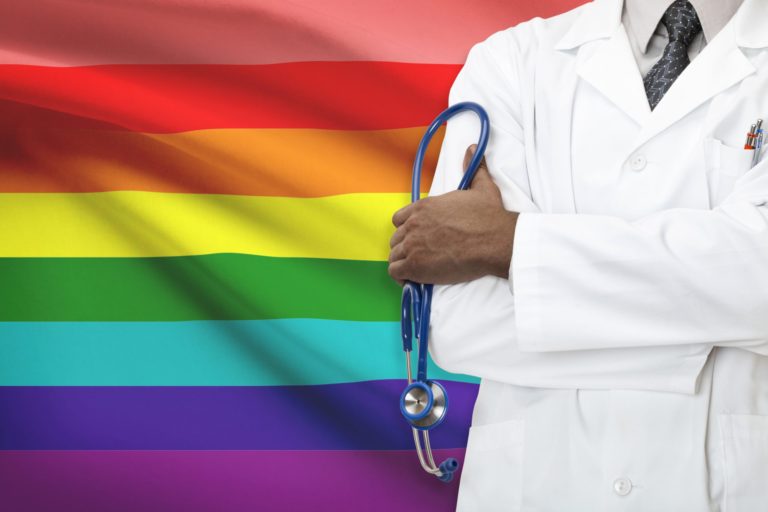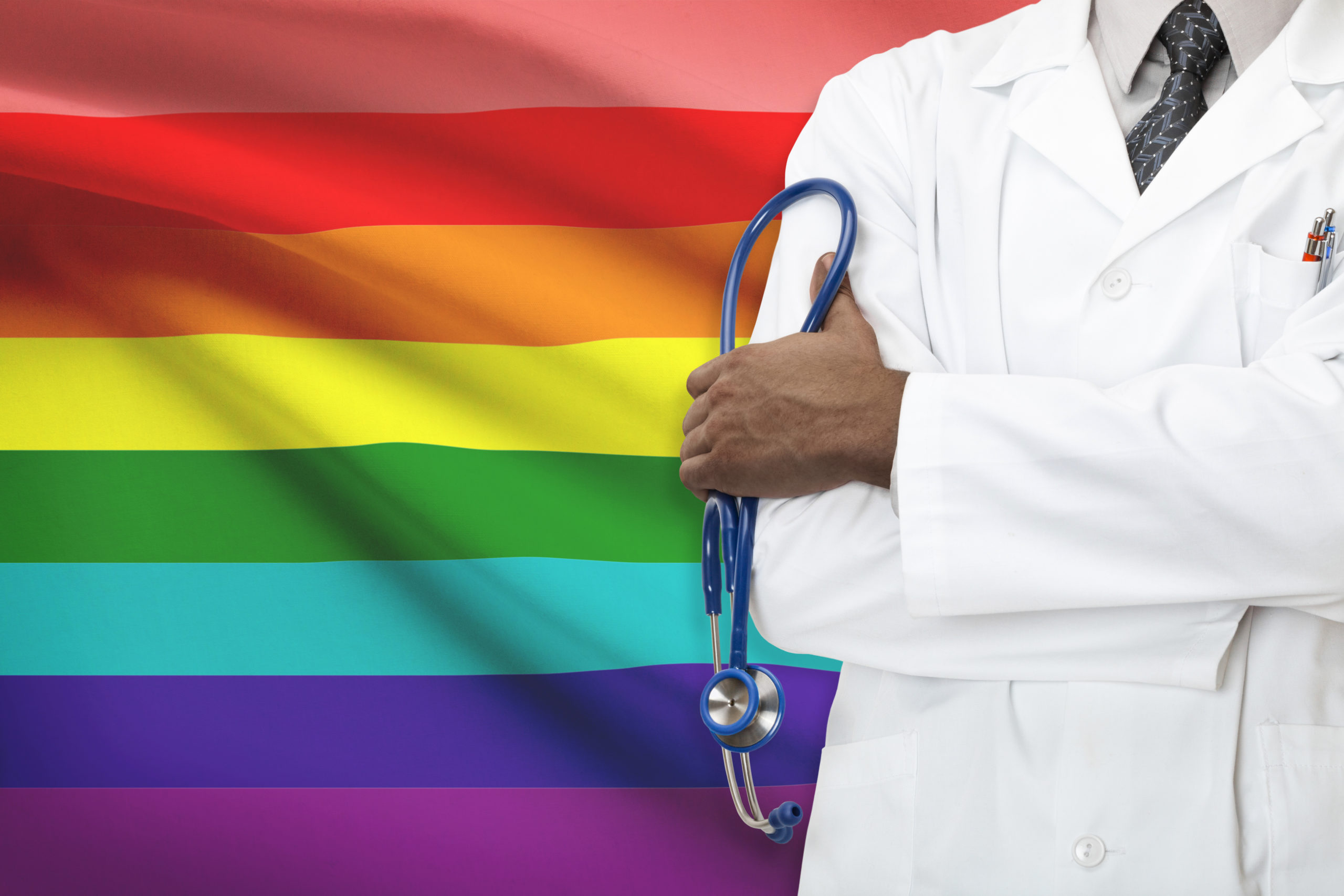
A recent study, published in the Journal of Gay & Lesbian Mental Health, underlines the importance of LGBT patient exposure and formal education on LGBT issues in US psychiatry training. The results of a national survey of psychiatry resident’s LGBT cultural competency highlight significant gaps between best practices and the current state of training.
“Since the LGBT population faces significant rates of mental health disparities, psychiatry residents are in important roles as both learners and mental health providers to this population,” the author, Dustin Nowaskie from the Department of Psychiatry at Indiana University School of Medicine, writes. “This study is the first known to examine and characterize psychiatry residents’ involvement and education in LGBT healthcare.”

Gender and sexual minorities often experience discrimination in both day-to-day life and healthcare settings. Research finds that psychiatry and mental health fields exhibit stigmatizing attitudes toward LGBT patients. Knowing LGBT acceptance is a major factor in promoting LGBT mental health and reducing suicidality, healthcare providers have a responsibility to improve their knowledge about LGBT patients and increase their knowledge of LGBT health.
“Healthcare students and provides are in unique positions not only to understand these disparities but also to intervene and alleviate poor health outcomes,” Nowaskie adds. “Both students and provides have been shown to harbor biases and negative attitudes, infrequently inquire about sexual orientation and gender identity, and demonstrate shortcomings in education and cultural competency.”
The current US internal medicine residents have limited education and training on LGBT health, particularly regarding best practices for transgender healthcare. For example, only one-third of emergency medicine residency programs reported LGBT-related topics within their curricula. More than half of US psychiatry residency programs provided less than 5 hours of training on LGBT health, and less than 30% of them offered a clinical LGBT rotation.
“There appears to be a significant lack of educational attention and resident preparedness in LGBT health care,” Nowaskie writes.
Given that LGBT people face disproportionate rates of mental health disorder and suicide, psychiatry residents are in crucial roles as:
- Learners to understand the unique associations between demographics, health risks, and psychosocial factors among the LGBT populations.
- Providers to utilize this experience and knowledge in the provision of care for the LGBT population.
This study was conducted with an anonymous survey with 304 completed responses. The author collected information on participants’ demographics, their training experiences in LGBT health (experiential variables), and the LGBT Development of Clinical Skills Scales (LGBT-DOCSS).
With the training experiences, the participants were asked to disclose how many hours of LGBT education they had received at their current residency program, how many total hours of LGBT education they had ever received, and how many LGBT patients they had worked with.
The LGBT-DOCSS was used to assess participants’ clinical preparedness, attitudinal awareness, and basic knowledge. The higher the participants’ score in one section, the better capability it reflects in such section.
Overall, the survey showed that psychiatry residents caring for many LGBT patients receive a low number of curricular hours and a moderate number of extracurricular training. Particularly, they reported significantly higher attitudinal awareness compared to basic knowledge and clinical preparedness. For example, in Asia, medical students are pushing for greater LGBT acceptance in their training curricula to promote LGBT health.
In addition, the residents reported significantly less adequate clinical training and supervision, experience, and competence to work with transgender patients compared to LGB patients. This result is consistent with the past literature that healthcare providers are more knowledgeable and comfortable about LGB health than transgender health. This might also explain why transgender youth face a higher rate of psychiatric diagnosis.
The survey showed that psychiatry residents who reported higher scores in LGBT-DOCSS had more LGBT patient exposure and had more formal education on LGBT health.
“Psychiatry residents who had cared for 40 or more LGBT patients reported significantly higher Overall LGBT-DOCSS and Clinical Preparedness, and psychiatry residents who received 20 or more LGBT total hours (training) reported significantly higher LGBT-DOCSS scores except for Attitudinal Awareness,” Nowaskie reports. “Psychiatry residents who had received four or more LGBT curricular hours had significantly higher LGBT-DOSCC scores.”
The author concludes:
“To lessen the current gap of nationally inadequate LGBT cultural competency, psychiatry residency programs should heavily consider an LGBT educational curriculum that is comprised of approximately five annual hours over the course of the typical four-year residency timeline for a total of 20 hours.”
***
Nowaskie, D. (2020). A national survey of US psychiatry residents’ LGBT cultural competency: The importance of LGBT patient exposure and formal education. Journal of Gay & Lesbian Mental Health, 24(4), 375-391. (Link)